We are inviting young students and more senior researchers interested in learning ab initio quantum Monte Carlo, one of the most accurate and versatile approaches for materials and electronic structure calculations, to apply for the upcoming TREX School on QMC with TurboRVB, taking place from 3-7 July 2023 in Trieste, Italy. This QMC summer school is organized by TREX project and it will be held in the Scuola Internazionale Superiore di Studi Avanzati (SISSA).
It will be a great event to learn TurboRVB (QMC algorithms), TurboGenius (command-line tools to make QMC calculations user friendly), and TurboWorkflows (high-throughput computations) codes for QMC applications and tutorials. And, this time, to meet your peers and colleagues in person.
After many years of development, the TurboRVB code will be officially released as an open source package during this school.
Why should you join the School?
- The TREX project is offering participants free lodging, coffee breaks, lunch breaks and a social dinner during the School. This will be the perfect occasion to meet your peers and colleagues in person, share experiences and learn more about QMC methods and how to use them in practice.
- Participants are invited to submit their poster contributions and present results and ongoing activities at the School. The best poster winner will win a stay of one week at Sorbonne University, Paris, in the Quantum Theory of Materials group (IMPMC)
- After many years of development, the TurboRVB code will be officially released as an open source package during this school. Do not miss this event!
- Get the chance to explore beautiful Trieste, top-ranked in Italy for its quality of life, and to discover this town renowned for its scientific institutions. If you want to extend your stay in Trieste for one more week, the week after the school there will be a workshop organized at the ICTP about “QMC methods at work for describing novel states of matter”, a perfect follow-up of our school! Please, note that a separate registration is required for the ICTP workshop. Please, also note that the TREX project is not covering participant’s travel nor extra costs.
Important information
- We have a limited number of seats so please consider submitting your application as soon as possible. Deadline for application is 28.05.2023 COB.
-
Attendees are supposed to have a background in condensed matter theory and/or quantum chemistry.
- Attendees are kindly requested to bring their own laptop.
- We invite the attendees to bring a poster with them about their own research (even if unrelated to QMC). A poster session will be organized during the school and the three best posters will be awarded. The best poster prize is a stay of one week at Sorbonne University, Paris, in the Quantum Theory of Materials group (IMPMC)
MORE INFO | PROGRAMME | REGISTRATION | VENUE

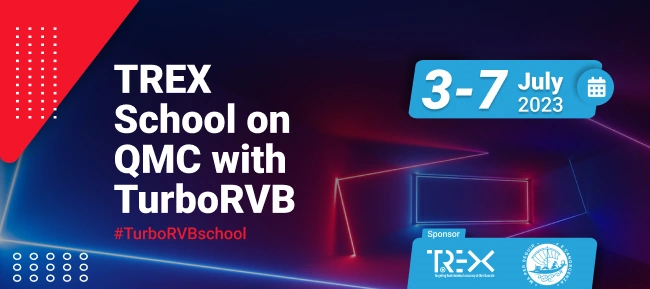
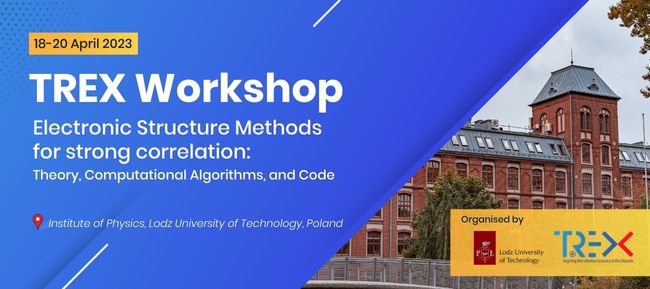
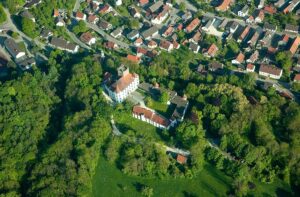
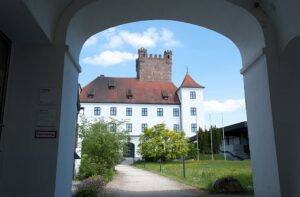
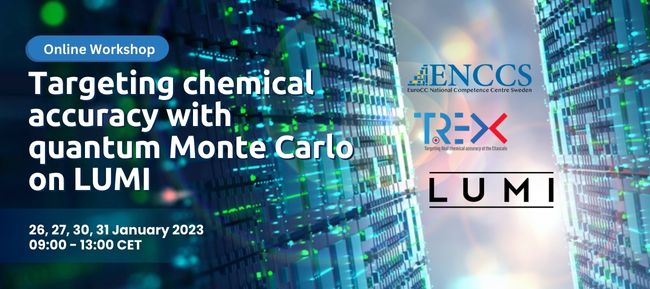
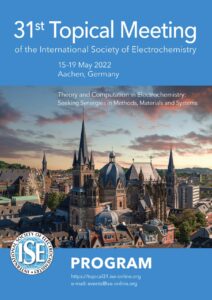
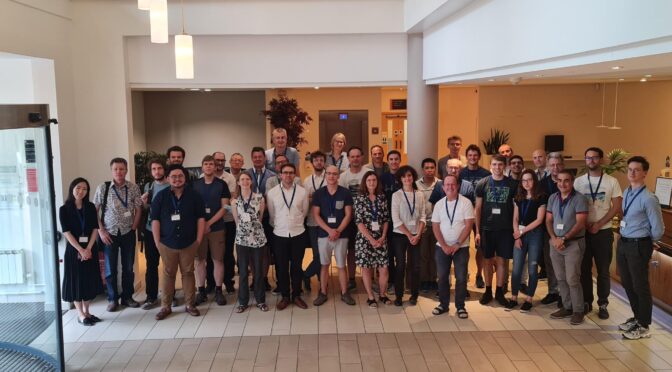
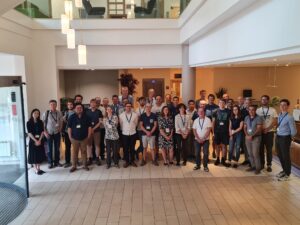

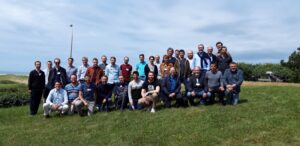
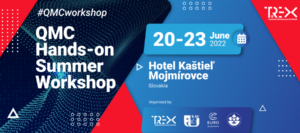
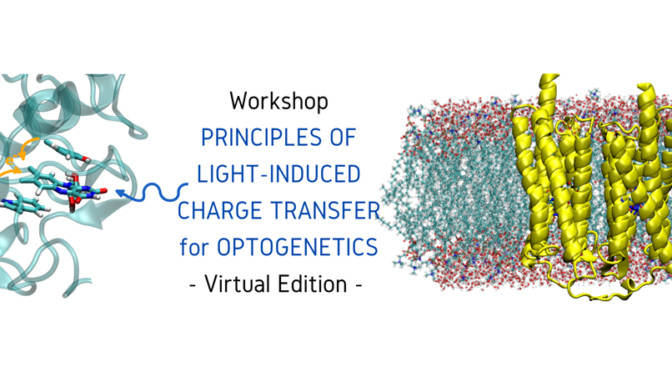
REGISTER HERE